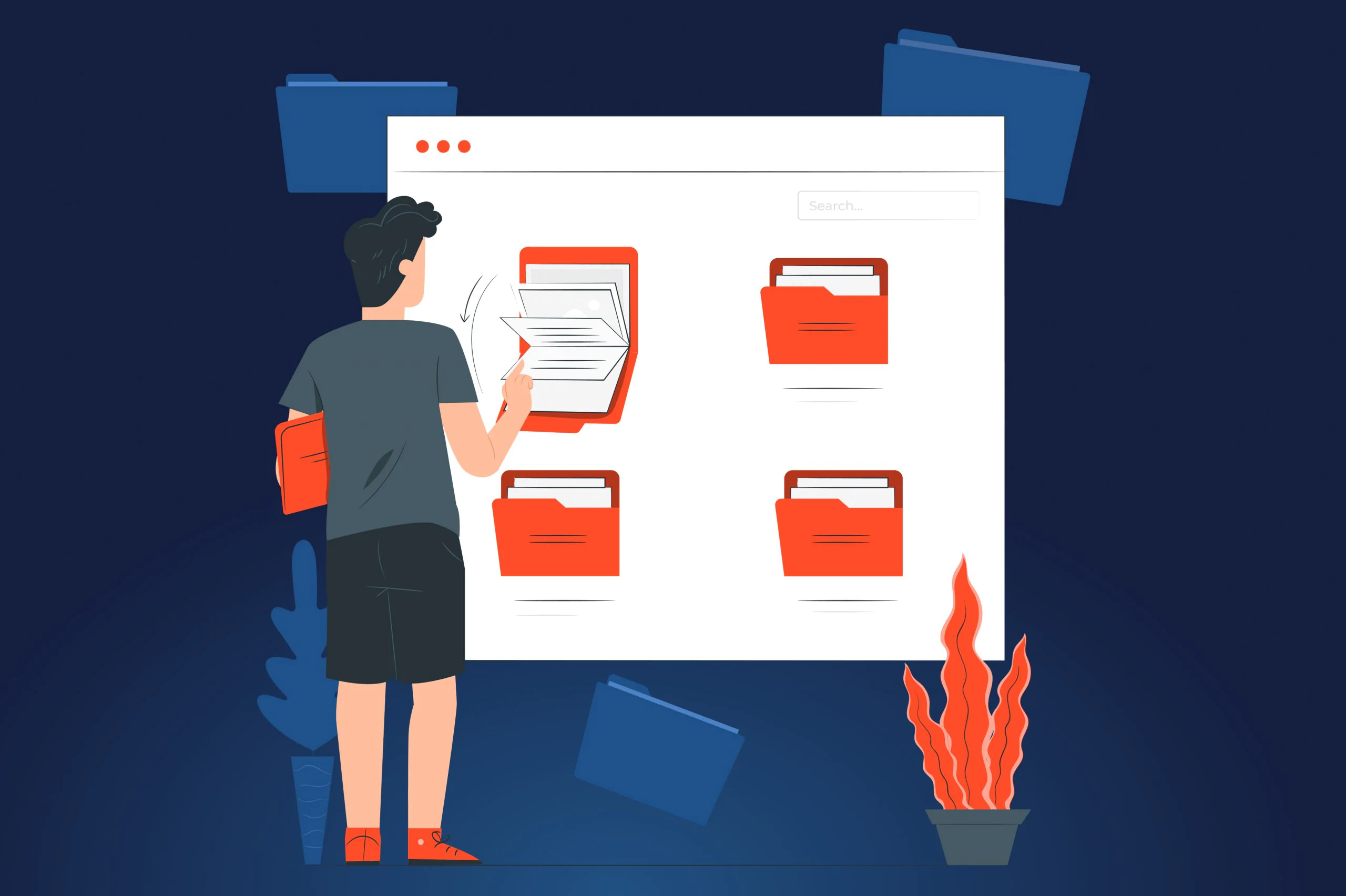In today’s digital word, businesses have a wide variety of options when it comes to marketing their products and serving their customers. These decisions can be daunting, because there are so many options to choose from. Should they invest big in their website, or spend all their time creating buzz through their various social media accounts? Perhaps running banner ads or sending out e-communications are good options? What about an app? The truth is, all of these tools carry value and there is no perfect recipe for primo digital exposure.
Apps are an important part of securing your place in the digital world. In 2016, the amount of smart phone users worldwide is estimated to exceed 2 billion. Creating an app for your business is a savvy way to appeal to those users, but it has to be done right. The most important question to ask is, should the app be developed for Android, iOS, or both? It depends.

There are a few things every business owner should consider before developing an app for Android or iOS:
- Who are my customers?
- How quickly do I need to get the app to market?
- Will other businesses use this app?
- How will the app make money?
- How much do I want to spend?
- What type of app should I develop first?
Who are my customers?
There are about 1 billion android users worldwide, giving that platform the largest market share. These users tend to come from lower income areas and developing parts of the world. iOS users often have higher education and income levels, are younger and more engaged, and have the buying power to spend more per app. These are statistical trends, not rules.
How quickly do I need to get the app to market?
It takes two to three times longer to get an Android app to market than an iOS app.
Android apps take longer to create. The Android software allows app developers deeper access into its operating system, enabling the app to have more customization. This enhanced customization increases the time it takes to build the app. Developers must also account for the wide variety of android devices operating at any given time and ensure that the app will work on all types of Android hardware. To make matters more complex, Android devices are often running on different versions of the same software, since Android users don’t update their operating systems as frequently as iOS users.
Android apps are able to be updated daily, reducing the time it takes for the finished product to be approved and released. iOS’ approval process allows for three to four updates a month, but with speedier development, iOS apps take far less time to get to market.
How will the app make money?
Android applications are typically free but collect revenues through paid advertising. iOS has fewer free apps and more paid ones, although there is ample data that shows iOS apps earn more revenue, which increased by 70 percent in the first quarter of 2015.
How much do I want to spend?
Costs are less dependent on the type of app being developed and more dependent on the amount of time it takes to develop the app. Android apps take longer to develop, so the upfront development costs are often higher. Consider that and Android’s record for bringing in less revenues than iOS and it is clear which platform makes the most financial sense (iOS).
What type of app should I develop first?
This is arguably the most important question of all. On the whole, iOS is a better bet. iOS apps attract a demographic with greater spending power, are easier and quicker to develop, make more money over time, and have lower upfront costs.
Android is the better choice if your business is specifically targeting the Android demographic, or seeks to customize an element of the Android software that cannot be customized in iOS.
Consider staring with both if you are a larger, more established business with the financial means to develop the apps simultaneously. If you fall into this category, consider learning more about the smartphone preferences of your customer base; they may not fall into the demographics above. It is also important to remember that developing and perfecting an app for one platform can ease the development of the app for the other platform.
If you have already developed an app for one platform and are considering creating an app for the other, examine your progress. Has the app done what you designed it to do? Have you worked out all the kinks? Have you reached a critical mass of customers? If so, it is wise to consider developing the app for the other platform. The biggest benefit here is growth; exposing your business the a whole new customer base.
Final thoughts
Clearly, there is a great deal to consider before choosing a platform that will work best for your business. Developing an app is a big investment, and not one that has a one-size-fits-all solution.
Asking yourself these questions is a great start, but continue to ask questions and seek guidance until you are completely convinced of the positive affect this decision will make on your business.


